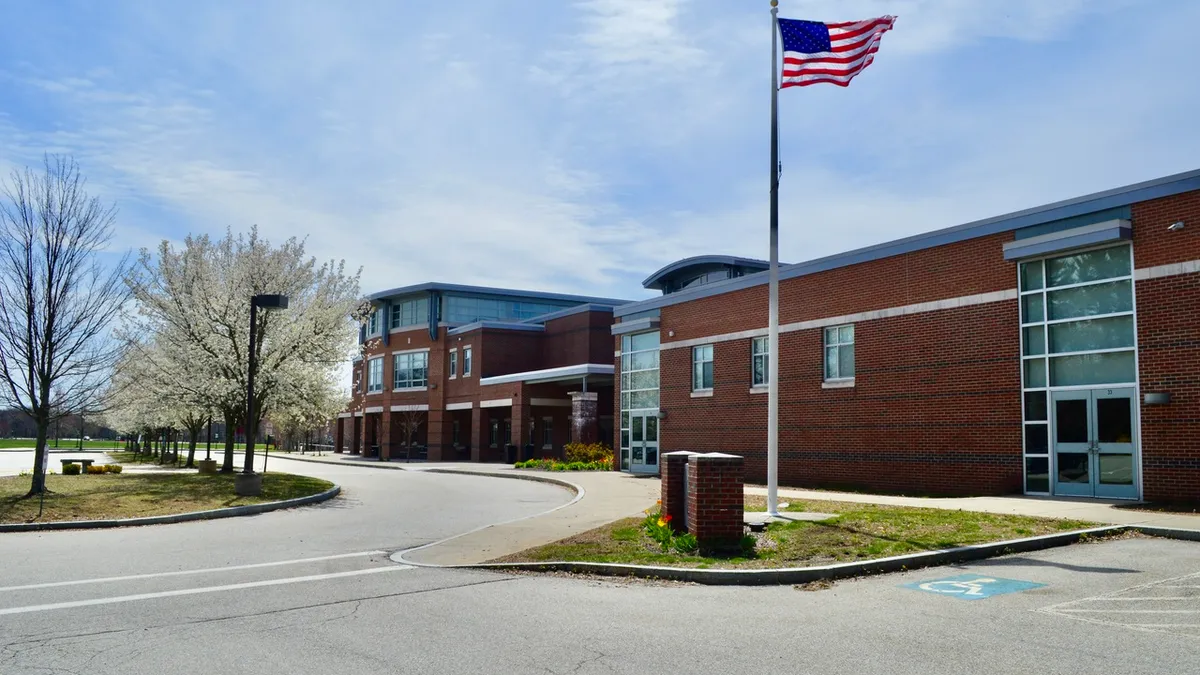Dive Brief:
- The U.S. District Court for the District of Massachusetts is set to hear a case next week in which a student's parents are questioning Hingham Public Schools' discipline of their son for using artificial intelligence on a research paper outline and rough draft.
- Hingham High School's decision to address the use of AI by Dale and Jennifer Harris' minor son — who goes by RNH in the lawsuit and is a senior — by lowering his grade and issuing a weekend detention excluded him from the National Honor Society and negatively impacted his admissions to elite universities, according to the lawsuit.
- The high school, plaintiffs say, did not have AI policies as they relate to cheating and plagiarism in their handbook at the time. Therefore, the school's "accusations of cheating, plagiarism and academic misconduct or dishonesty constituted statements of threats, intimidation and coercion" because "such arbitrary and capricious sentiment" was not based on any official policy.
Dive Insight:
The lawsuit is among the first in the nation to put a spotlight on the benefits and pitfalls of AI in the classroom, as well as the need for policies governing its use.
Earlier this year, federal lawmakers introduced a bipartisan Senate bill seeking to develop guidance on AI in pre-K-12 classrooms. However, local and state laws on the issue are still slim.
"While artificial intelligence is a new technology and it is still emerging, it is widely accepted," said the lawsuit filed by the Harrises, who are represented by lawyer Peter Farrell from Farrell Lavin law firm in Massachusetts. "Business, other industries, academia and even the legal profession are still grappling with how to address its use."
However, research shows schools are increasingly developing and implementing AI policies. Nearly twice as many teachers said their schools are implementing policies that allow the use of AI for classwork, with 60% reporting so last school year compared to just 31% the year prior, according to a survey published in March by the Center for Democracy & Technology, a civil rights nonprofit.
But only about a third of teachers said in the 2023-24 school year that they have received guidance on what to do if they suspect a student's use of AI is out of line with school policy.
Teacher training over AI use is also spotty, with 37% saying they've been trained to spot the use of AI in classwork.
This is despite students being among the first to use AI for schoolwork, according to Common Sense Media, which offers technology resources for students, teachers, and school communities.
"Young people are adopting generative AI quickly, similarly to how they adopted social media," the organization said in September. "And they're using it most often for schoolwork."
A report released by the organization showed that a majority of teens use AI, and that they use it most often for homework help (53%).






 Dive Awards
Dive Awards





